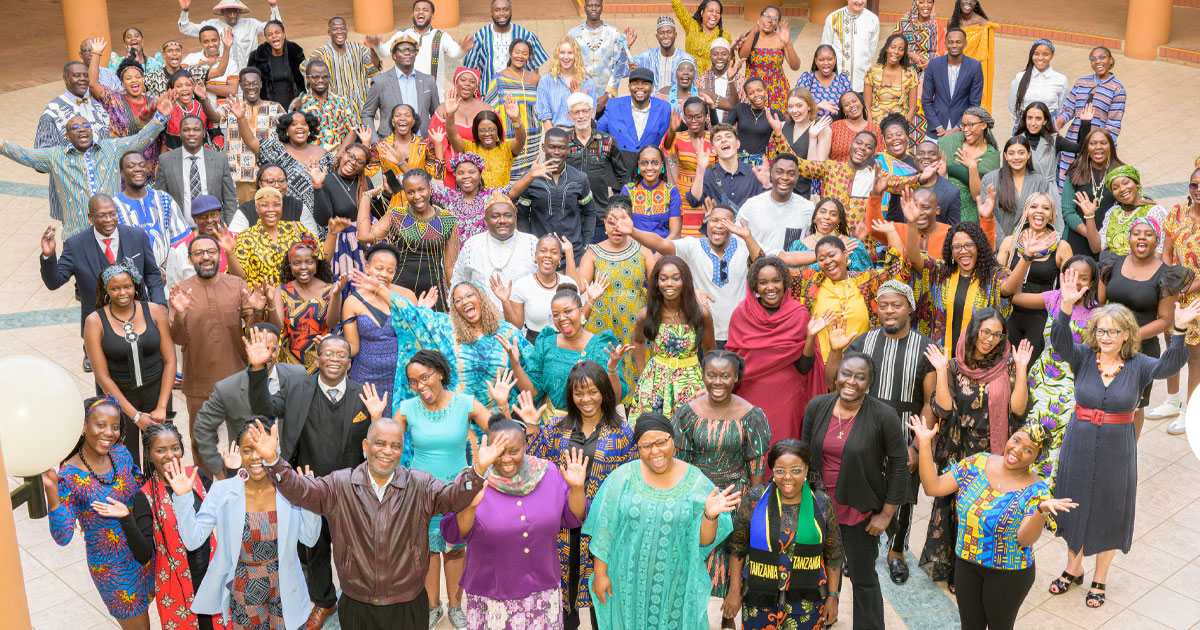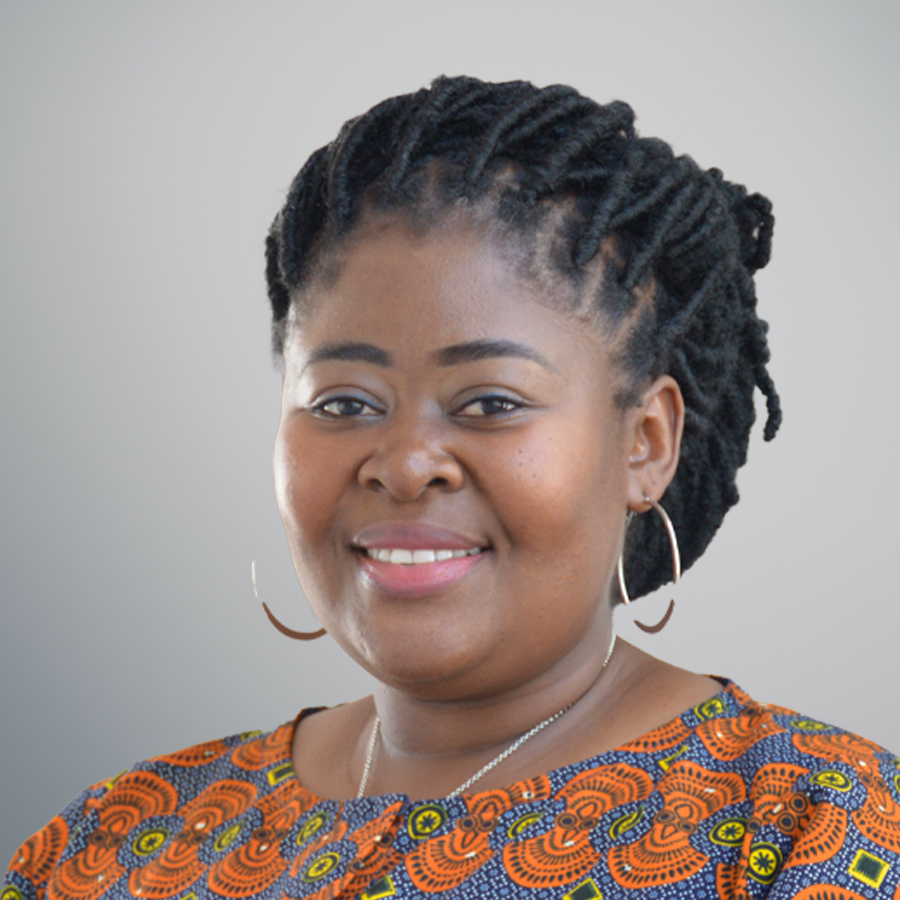On Friday 28 March, the Centre for Human Rights at the Law Faculty, University of Pretoria (the Centre), held its Opening Ceremony to welcome the new doctoral researchers and new master’s students from the following four Centre academic programmes:
- Human Rights and Democratization in Africa (HRDA)
- Trade and Investment Law in Africa (TILA), which alternates each year between the Centre and the University of the Western Cape, and is this year being held at the Centre
- Multidisciplinary Human Rights (MDHR); and
- Sexual and Reproductive Rights in Africa (SRRA)
This occasion, held at the Function Hall, Sanlam Building at the University of Pretoria, was an evening to remember. With students, staff and guests donned in their African prints, it was befitting to have the theme ‘Justice for Africans and People of African Descent Through Reparations’. The event was attended by 150 people to celebrate students from 24 African countries: Botswana, Cameroon, Democratic Republic of Congo, Côte d’Ivoire, Eritrea, Ethiopia, the Gambia, Ghana, Kenya, Lesotho, Malawi, Mozambique, Nigeria, Sierra Leone, Somalia, South Africa, South Sudan, Tanzania, Uganda, Zambia and Zimbabwe from Africa, and two exchange students from Belgium and France respectively.
Dr Michelle Maziwisa, the HRDA Programme Manager, moderated the event. The evening was opened with welcoming remarks by Prof Elsabe Schoeman, Dean of the Law Faculty; Prof Frans Viljoen, Director of the HRDA Programme at the Centre; and Prof Veronica Gomez, President of the Global Campus of Human Rights, and a Judge of the Inter-American Court. As Prof Schoeman will stand down as Dean at the end of April, this was the last attendance at a Centre annual academic opening. She reflected on the role the Centre’s academic programmes have played in serving African needs, as reflected in the Alumni Diaries – and in enlarging the University of Pretoria’s “African footprint”. Prof Frans Viljoen provided a historical overview of the Centre to give the students a sense of the community they are becoming a part of and the ethos of this community, while Prof Gomez noted the value of tacit knowledge that is acquired in and out of the classroom, encouraging the students to take on an open-minded approach to the academic journey ahead. For reflections from alumni of the Centre, remarks were given by Dr Dorcas Basimanyane, Programme Manager of the Business and Human Rights Unit at the Centre and an alumna of the TILA Programme (class of 2015). The student introductions were facilitated by Ntandoyenkosi Moyo, the HRDA Programme Coordinator. The introductions were a highlight of the event, with camaraderie and a sense of identity as ‘Centre family’ developing across the room.
Mr Lloyd Kuveya, Assistant Director (Operations) at the Centre, introduced the keynote speaker. The keynote address address was given by Dr Solomon Dersso, a Commissioner of the African Commission on Human and Peoples’ Rights, based in Ethiopia. His remarks were both eye opening, and a deep reflection on the myriad of challenges on the African continent, and a call to action on the new students to take the baton to tackle the challenges being faced in Africa, and charging them with words of hope and reminding them they “hold the promise for this change”.
Among the challenges Dr Dersso noted were the scourge of gender based violence, and femicide, wherein he reflected on the murder of Kenyan athlete, Agnes Tirop in 2021, which reminded us of Rebecca Cheptegei from Uganda, who was killed in 2024, as examples of numerous women whose lives have been cut short by intimate partners across the continent. Emerging issues such as the tectonic shifts in global power relations, and the increasing influence and power of private actors, including in the extractives sector, and in politics through state capture. New technologies bring both opportunities as risks, including AI and so-called runaway technologies, while the legacies of colonialism and enslavement of peoples seem to have continued effects despite the passage of time. Democracy and governance continue to be problematic, and the internationalization of conflicts in Ukraine/Russia, and Israel/Palestine, as well as the rise of conflicts in our own backyard in Sudan, Mozambique and the Democratic Republic of Congo. While noting these and other challenges, he remains hopeful and charged the new students to consider new ways of bridging the gap between the law and lived experiences, expanding human rights tools, scrutinizing the economic and financial structures of power and policy, to bridge the divide, fight gender oppression and address historical injustices. Finally, he stressed the importance of human rights consciousness and building empathy.
Prof Nkatha Murungi, Assistant Director (Programmes) at the Centre, gave the vote of thanks, acknowledging the impact of financial support on the Centre’s academic and advocacy programmes. The Centre gratefully acknowledges the support of its financial partners who help to make this possible, and also extends its sincerest gratitude to members of the diplomatic corps who were able to celebrate this wonderful occasion with Centre staff and students.
We acknowledge the support of the European Union through the Global Campus of Human Rights network of institutions working on and teaching human rights across eight regional hubs, of which the HRDA is a member, and the regional headquarters of the Africa regional hub.
We acknowledge the support of the Swedish Development Agency (SIDA) and the Open Society Foundation (OSF).
For more information, please contact:

.jpg)
.jpg)
.jpg)
.jpg)
.jpg)
.jpg)
.jpg)
.jpg)
.jpg)
.jpg)
